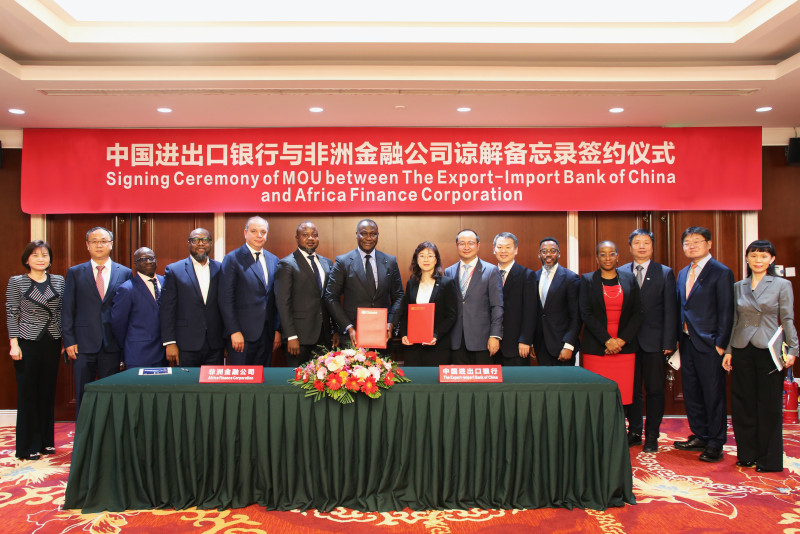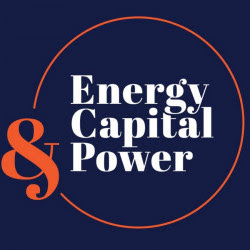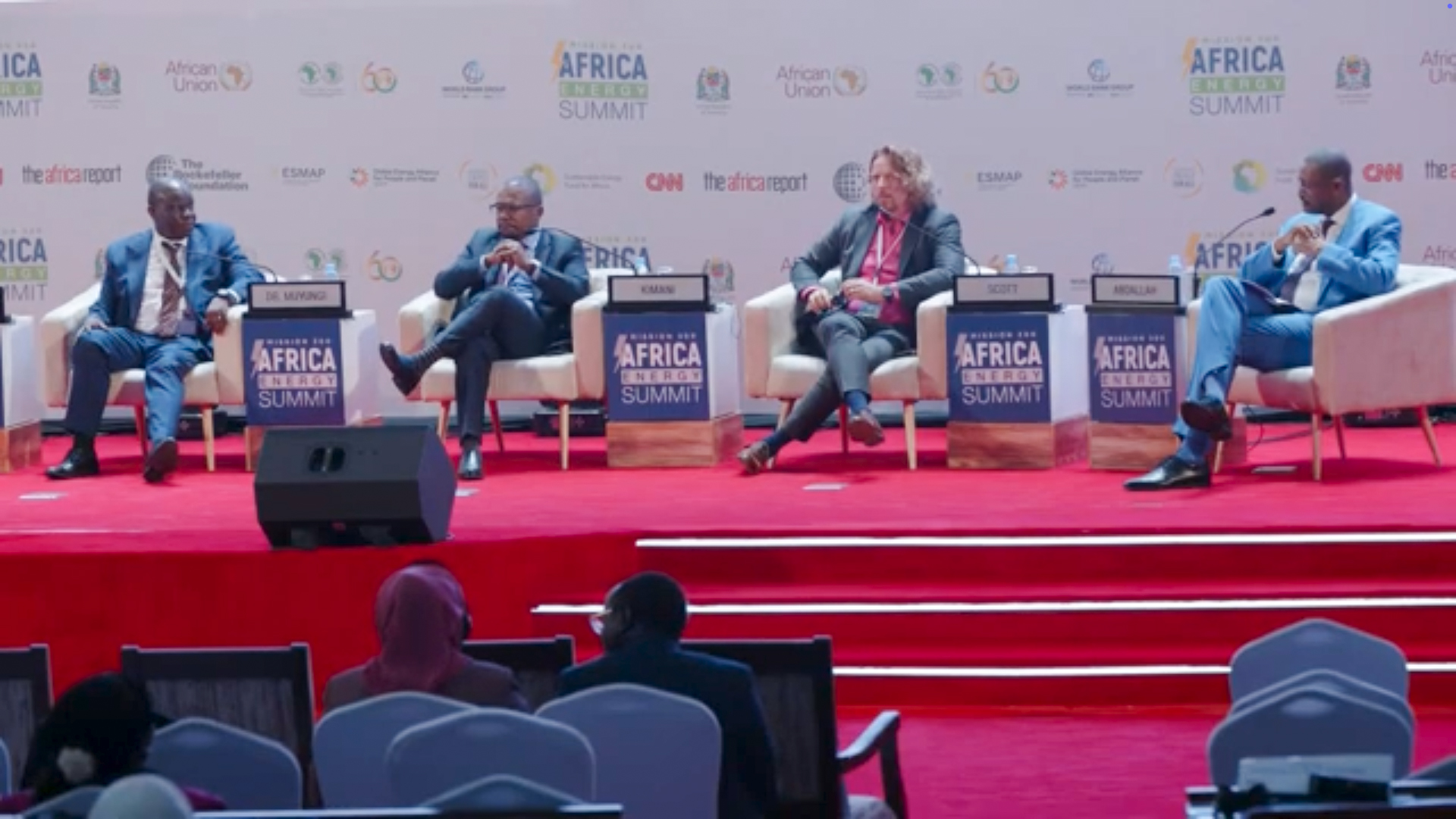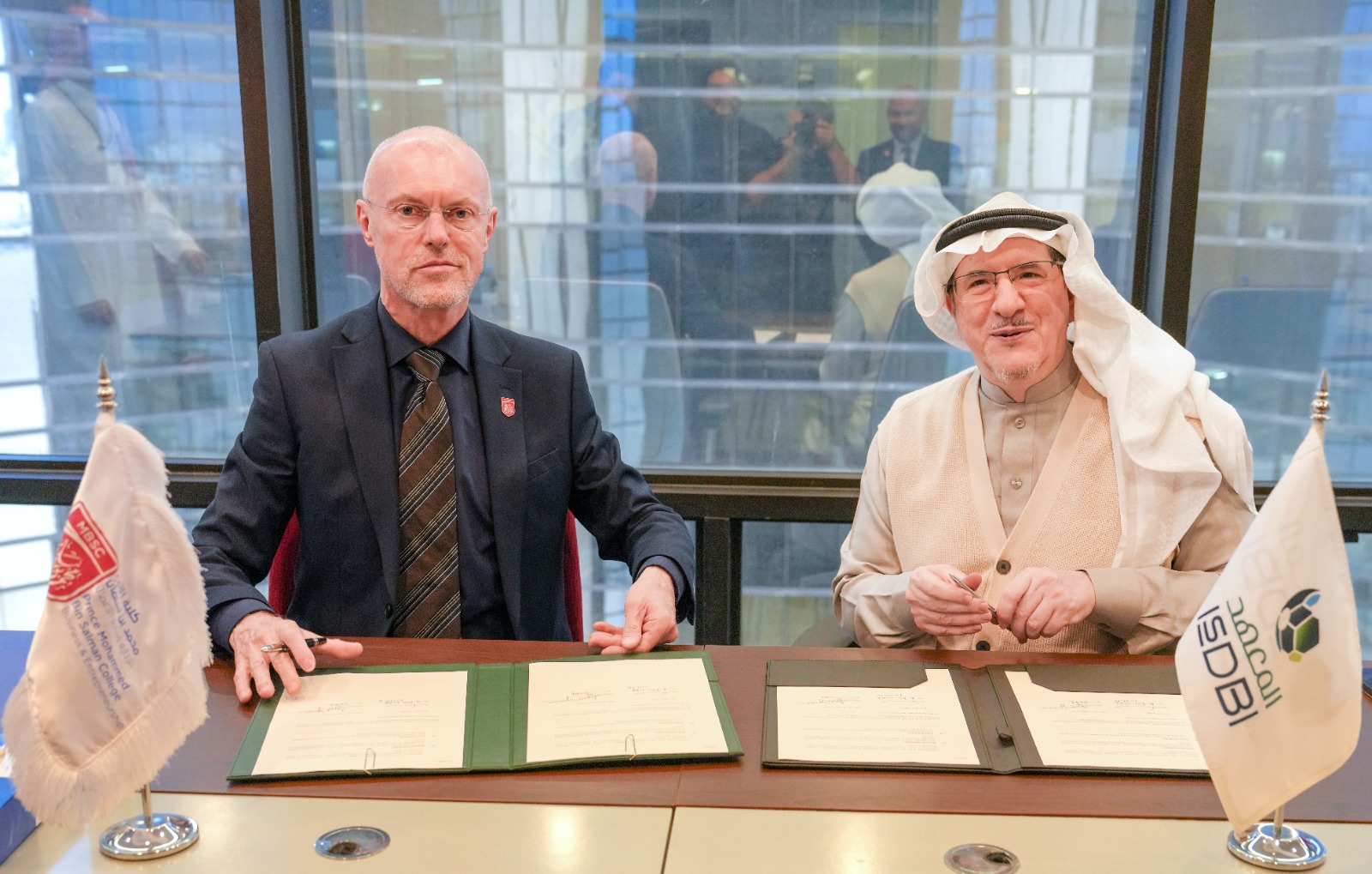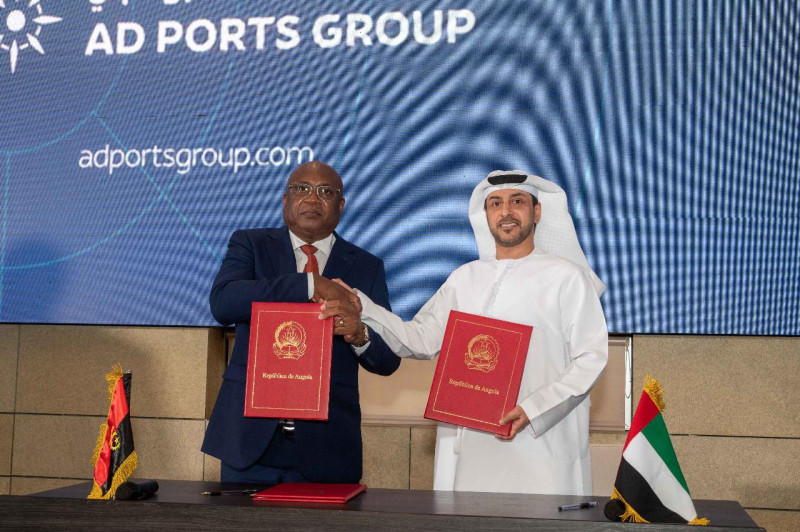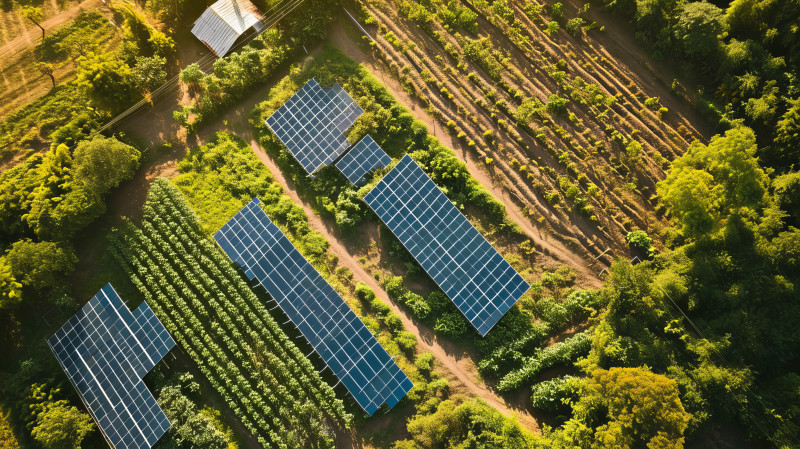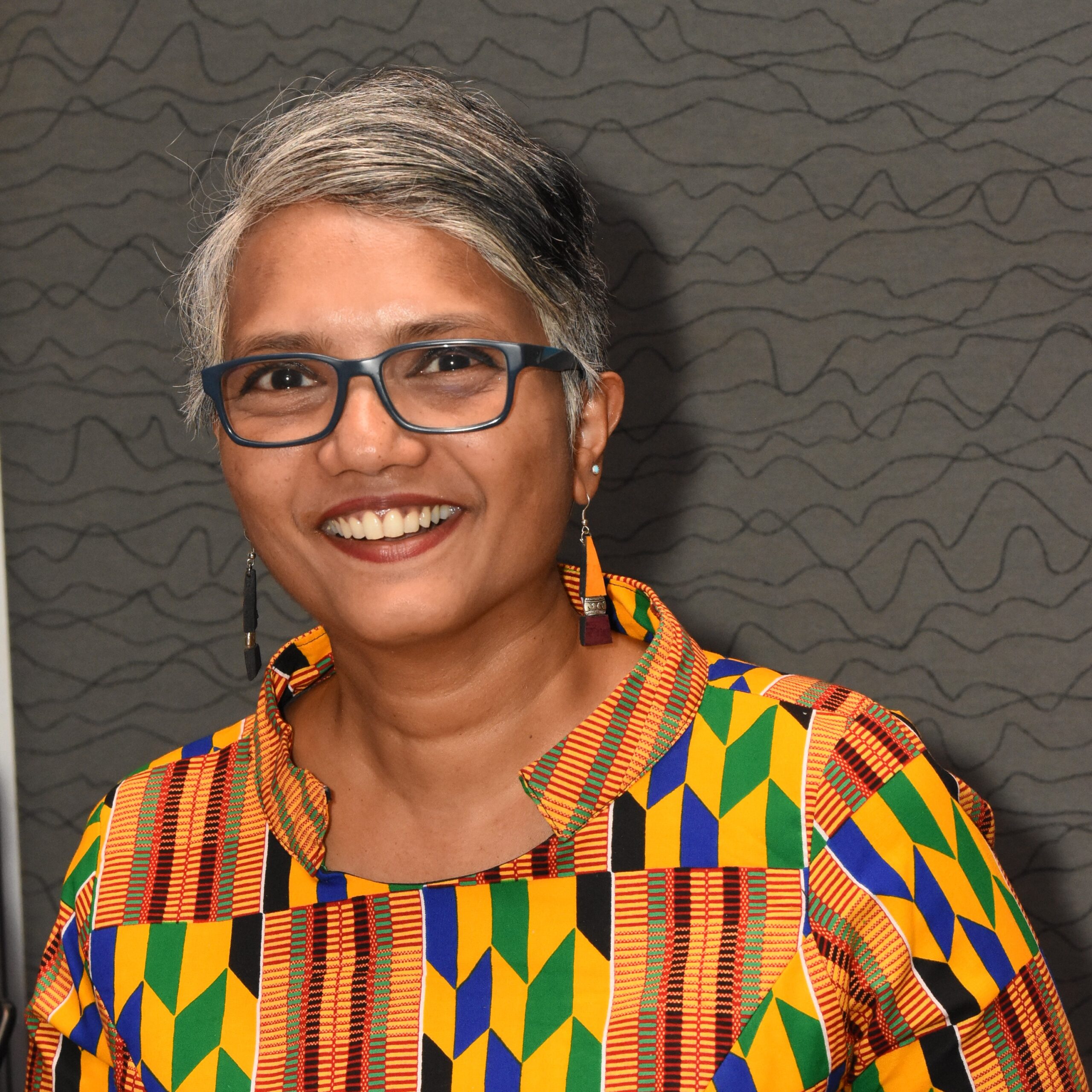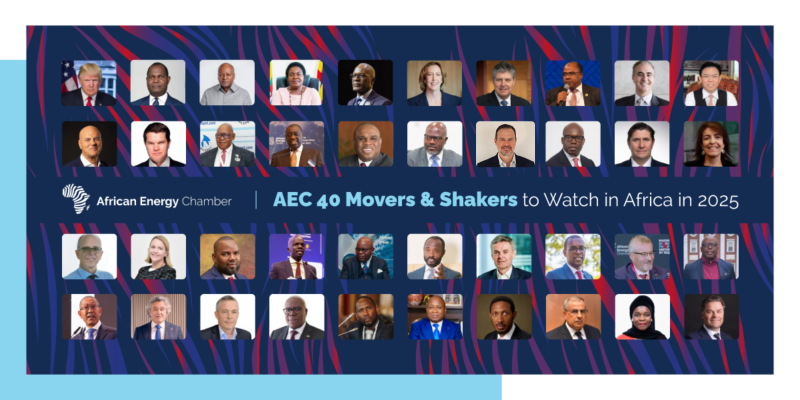LUANDA, Angola, January 31, 2025/ — AD Ports Group (www.ADPortsGroup.com), a leading facilitator of global trade, logistics and industry (ADX: ADPORTS), today began its long-term management and development of a major multipurpose terminal and an associated logistics business with local partners in Luanda, Angola, driving forward its expansion in sub-Saharan Africa.
With Angolan joint venture partners Unicargas and Multiparques, AD Ports Group started operations at Noatum Ports Luanda Terminal in the country’s largest port. The Port of Luanda handles about 76% of Angola’s container and general cargo volumes, as well as providing maritime access to landlocked neighbours Democratic Republic of the Congo and Zambia.
AD Ports Group has a 81% stake in the multipurpose terminal venture with Unicargas and Multiparques, and a 90% stake in the logistics venture with Unicargas.
Under a 20-year concession agreement with the Luanda Port Authority signed in April 2024, AD Ports Group committed to invest around USD 250 million through 2026 to modernise the terminal and to develop Noatum Unicargas Logistics, the joint venture providing integrated logistics, transport and freight forwarding services for local, regional and international clients.
With the terminal’s opening today, trading began at Noatum Unicargas Logistics. Noatum Unicargas Logistics is making a significant investment in new trucks and systems and will be fully integrated with the Noatum Logistics global network to strengthen Angola’s access to international markets and drive investment-led growth in the Angolan economy.
In line with market demand, AD Ports Group’s investment could increase to USD 380 million over the life of the concession, which could be extended by another 10 years.
In late 2024, AD Ports Group also signed two agreements with the Angolan government that confer significant tax and financial benefits to the operating subsidiaries of the Group.
The meaningful investments are also expected to result in the creation of thousands of local direct and indirect jobs, and in training and upskilling. The planned investments include equipment and technology solutions that will enable environmentally sustainable operations, with lower carbon emissions.
Mohamed Eidha Al Menhali, Regional CEO of AD Ports Group, said: “With the planned upgrade of Luanda’s multipurpose port terminal, and establishment of an integrated logistics and freight forwarding business leveraging our Group’s global network and reach, AD Ports Group is positioned to capture the growth in Angola’s container volumes, which are forecast to rise on average by 3.3% annually over the next decade. In line with the direction of our wise leadership, this significant investment by our Group and its partners will strengthen the country’s ties with the UAE and bring jobs and economic prosperity to the citizens of Angola.’’
His Excellency Ricardo Daniel Sandão Queirós Viegas D¢Abreu, Minister of Transport, Angola, said:
“The Port of Luanda is the main maritime gateway to Angola, a critical hub for regional trade and for the economic vitality of the country and its neighbors. Through the strategic partnership with the AD Ports Group, an integral part of a broader effort involving various stakeholders, we will transform the Port of Luanda into a modern and multifaceted facility that will significantly enhance our logistical capabilities and drive economic growth across the central and western regions of the African continent. This collaboration represents a significant milestone in our mission to modernize infrastructure and expand access to global trade, promising a prosperous future for Angola and its partners,” emphasizes Angola’s Minister of Transport, Ricardo Viegas d’Abreu.
The same official adds that the investment “the ADP Group can count on the commitment of the Angolan Government in everything necessary so that the planned investment (over 250 million dollars) delivers the desired results for all parties involved.”
Today’s commencement and transfer of business assets occurred seamlessly without interruption in terminal operations, which are planned to continue uninterrupted as AD Ports Group and its partners improve terminal efficiency and operating performance. The Group is also committed to improving health and safety at the terminal, and has already begun to put into place a best-in-class Health, Safety, and Environment (HSE) programme to manage and control workplace hazards, environmental risks, and employee well-being.
Under AD Ports Group’s leadership, the Luanda port terminal will be significantly upgraded to a general cargo, container and roll on-roll off (Ro-Ro) terminal. It will be the only terminal in the Port of Luanda with 16 metres of depth alongside and therefore be able to handle Super Post Panamax vessels of up to 14,000 TEUs (Twenty Foot Equivalent Units). The terminal area of 192,000 sqm will be re-engineered to support high density and efficient container handling, and will be equipped with state-of-the-art equipment and modern IT systems.
AD Ports Group has expanded into Africa over the past three years, announcing more than USD 800 million in planned investments in the maritime and shipping, ports and logistics sectors in Egypt, the Republic of Congo, Tanzania and Angola.
The decision to enter Angola followed the signing of a 2023 framework agreement between AD Ports Group and the Government of Angola to explore cooperation in transport and maritime infrastructure.
New container handling equipment will be installed by the third quarter of 2026 that will greatly boost container capacity from 25,000 TEUs to 350,000 TEUs, and Ro-Ro volumes to over 40,000 vehicles. On 11 September 2024, AD Ports Group awarded contracts to Shanghai Zhenhua Heavy Industries Co. Ltd (“ZPMC”), one of the largest port machinery manufacturers in the world, to supply three Super Post-Panamax STS cranes and eight hybrid Rubber Tyred Gantry (RTG) cranes for the Luanda terminal.
Super Post-Panamax STS cranes are the largest port cranes on the market, capable of reaching 21 container rows and a distance of 60 metres. Hybrid RTG cranes can save up to 60% of diesel in comparison to a traditional diesel RTG cranes, which is equivalent to 1 million litres per year and 5,000 metric tonnes of CO2 emissions.
In the Angolan logistics venture, Noatum Unicargas Logistics will invest in new machinery, reefer and flat-bed trucks, and upgrade IT systems to integrate seamlessly across Noatum Logistics’ digital ecosystem, providing full end-to-end supply chain visibility and enhanced operational efficiency.
Distributed by APO Group on behalf of AD Ports Group.
